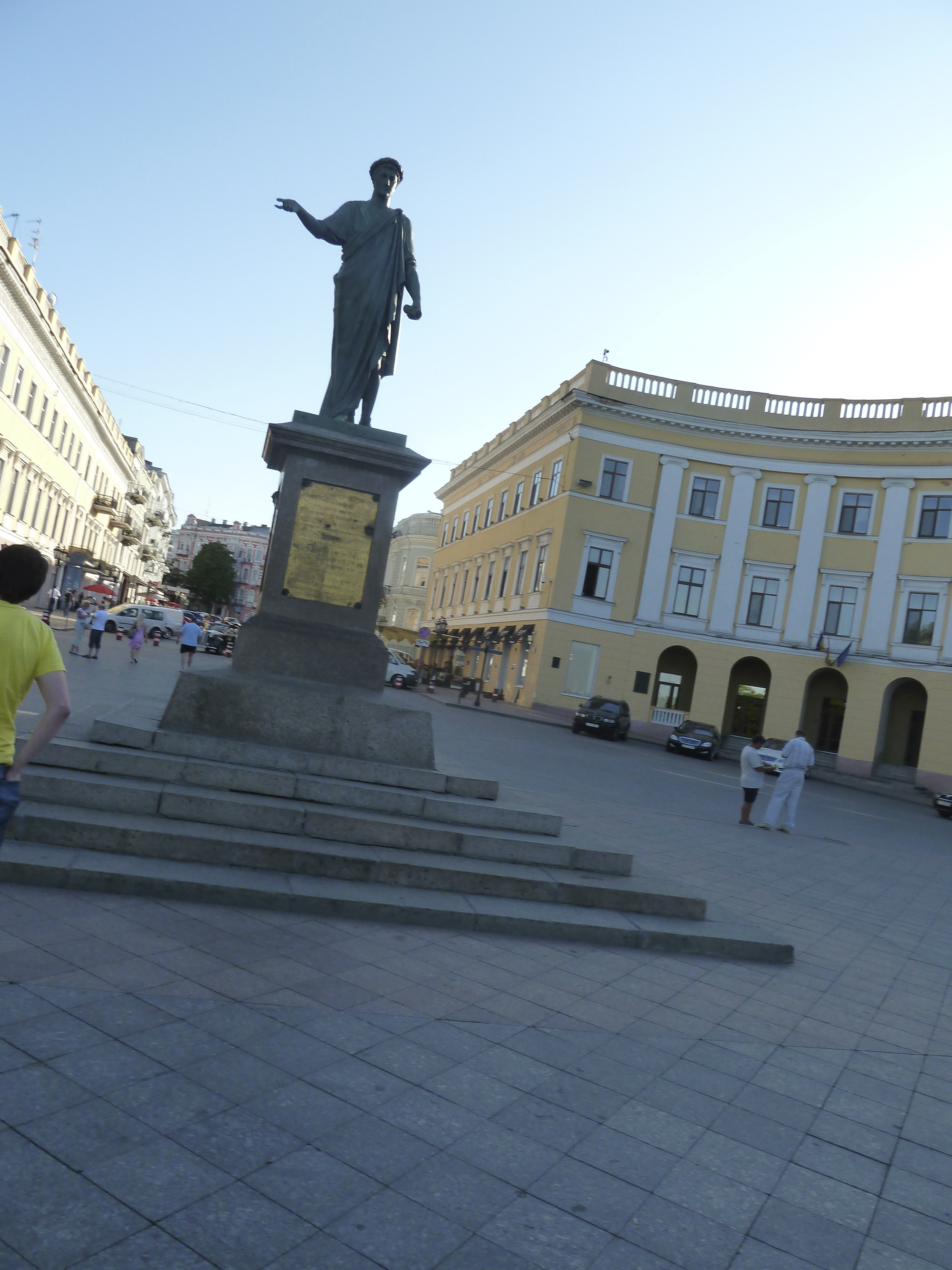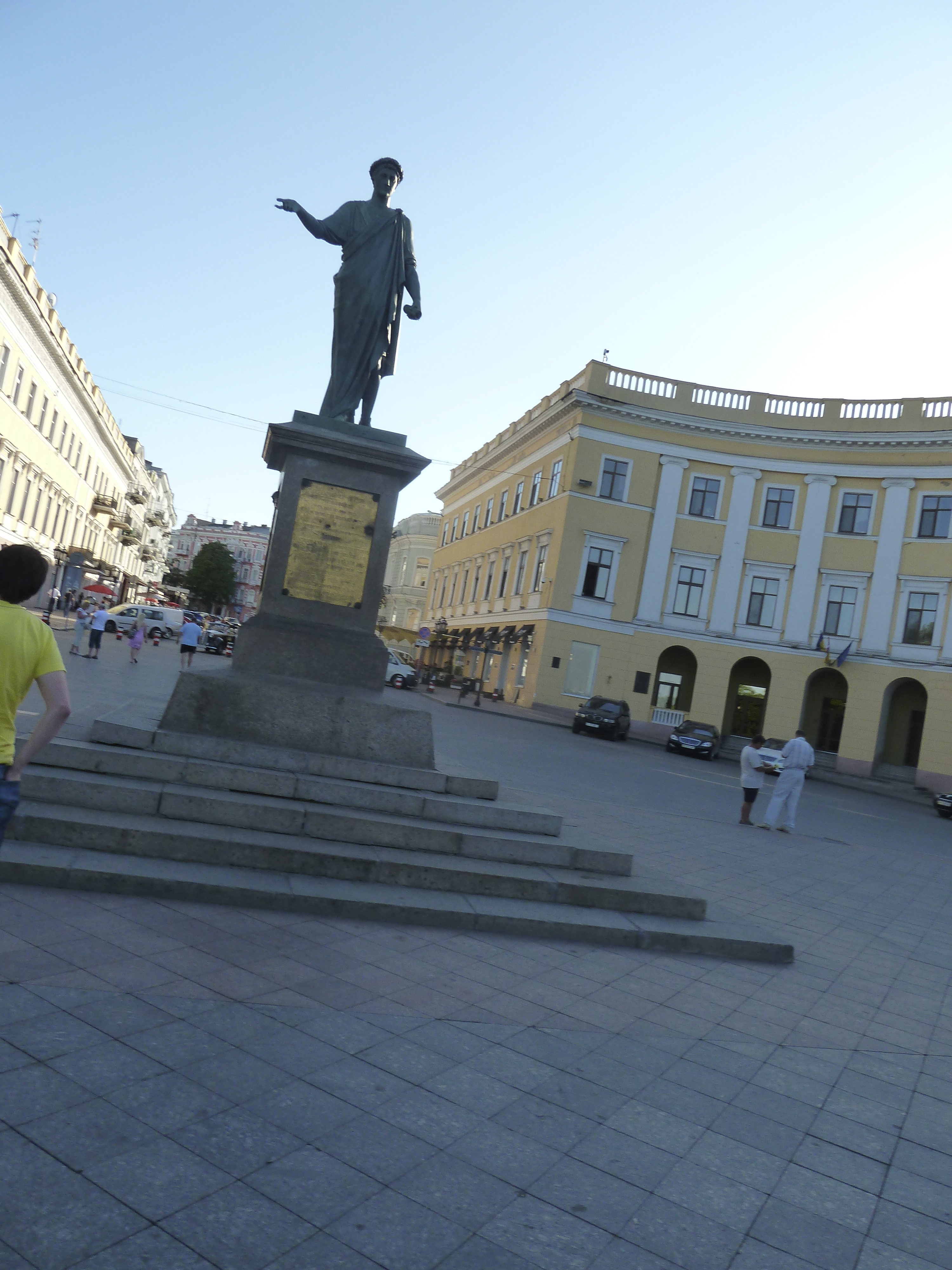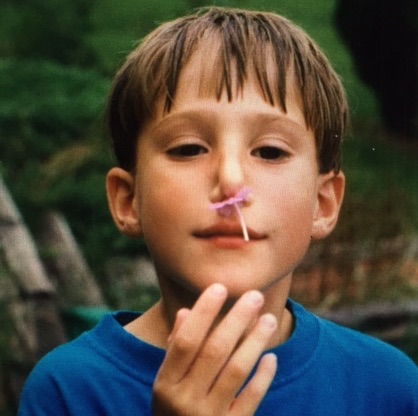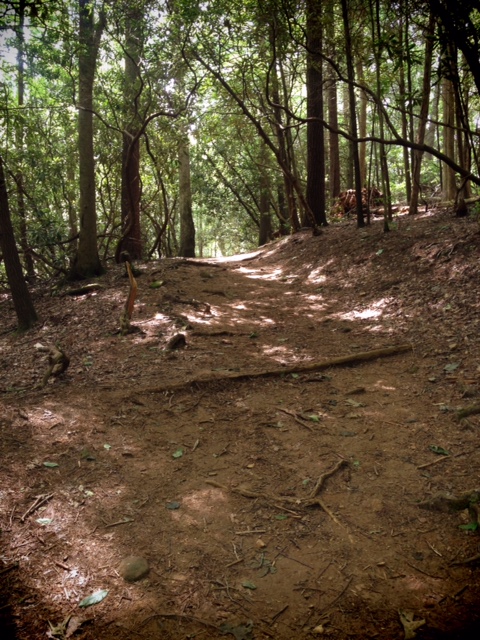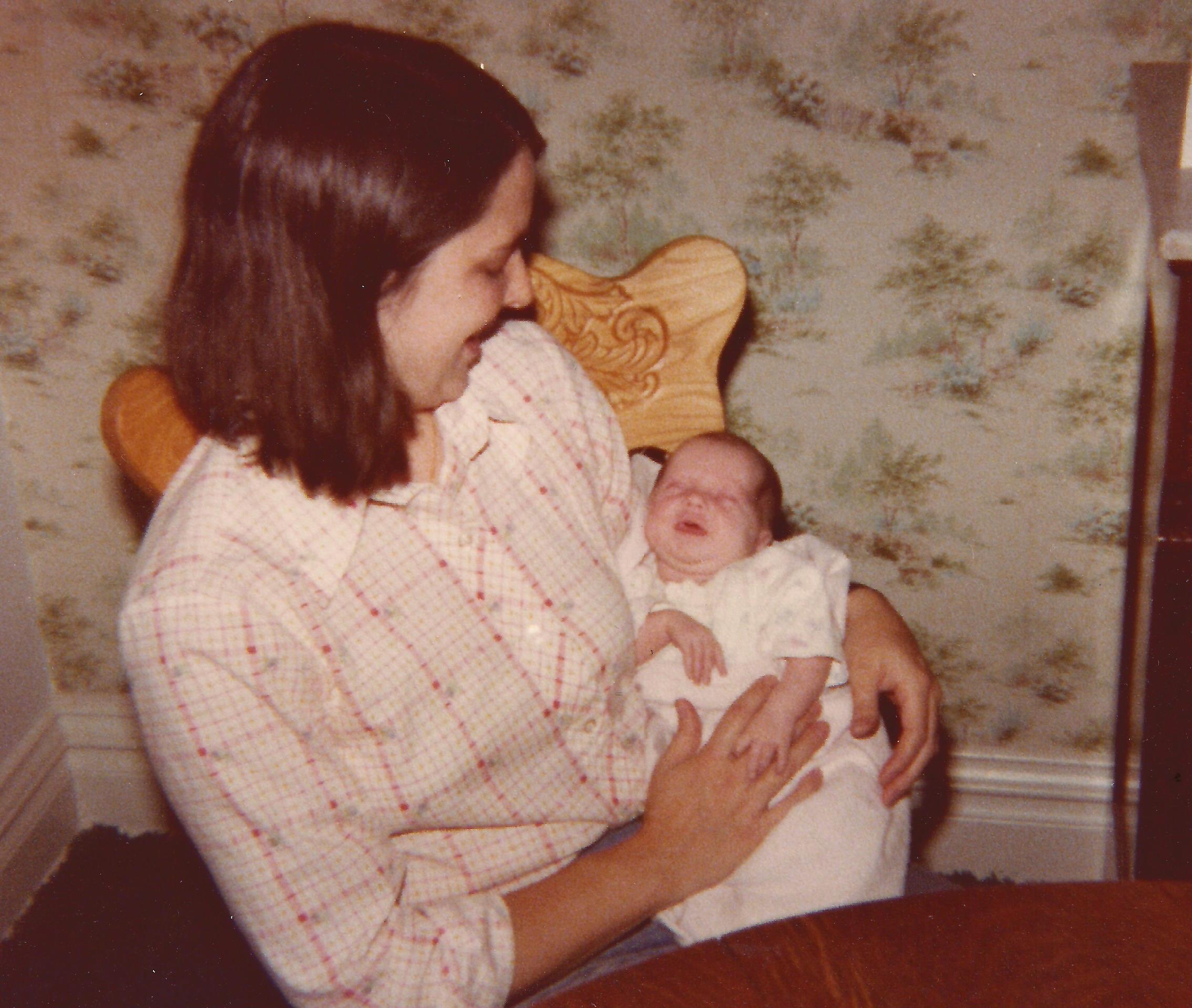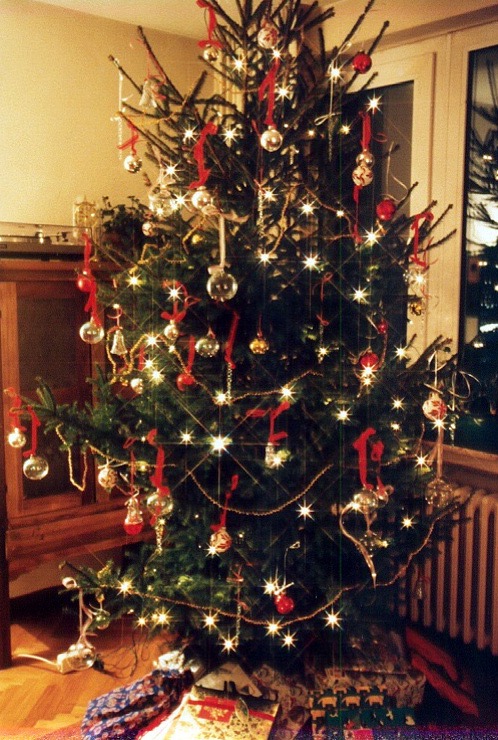It’s 1976. I am thirteen, a Jew, and by that I mean a traitor of the Motherland. We are ejected from our home; the Iron Curtain slams shut behind us. In that moment, the possibility of a return to Odessa, to my deep ancestral roots, doesn’t exist. Over time, that closed door becomes such a habit that, even after the collapse of the Soviet Union, it doesn’t occur to me to visit. And then a business trip to Istanbul, a relative stone’s throw away from Odessa, in June of 2011, brings the possibility. Coincidentally, it was almost exactly a year after my father’s death.
And that’s when the excuses kick in – not enough time, too much money, blah, blah, blah. But why? What did I leave behind that curtain that I hesitate to peek at now? I am not sure, so I tuck away my apprehensions and buy a plane ticket. It’s the closest business will ever take me to Odessa, so I am going to be an opportunist and go.
To observers, it may look like I abandoned my roots. In reality, Odessa has been a phantom limb: invisible, but as real as my skin. When we got to the US, the business of assimilation consumed me. Within one year I spoke English without an accent and dressed in Levis, tee shirts and Nike shoes, passing as an American ever since. I was proud that in answer to the question “Where are you from?” I could say “Here” and be told that my accent sounded more Midwest than New England. It was less painful to contort my mouth into a facsimile of American sounds than to confront the interrogations that followed if I let my native accent slip. It would start innocently enough with “Where are you from?” once they detected a hint of something foreign. “Russia,” I would mumble, knowing the inevitability of questions about to rain on me.
“Is it true there are no TVs in Russia?”
“Is it true that the snow never melts?”
“Is it true Russian women don’t shave their armpits?”
I would stand there, smiling, with the tact expected of me, trying to explain the entirety of my rich culture, teeming with contradictions, in three sentences or fewer, the whole time turning vivid shades of red and hoping that the earth would swallow me.
Sometimes my tongue refused to wrap itself around some complicated twister, and Peter Piper would end up “peeking” that peck of pickled peppers. I would brace myself for the consequences. But these details were usually lost in the hear-what-we-want-to-hear habits of humanity, and mostly I was spared the scrutiny.
Occasionally a friend might pick up on some linguistic misdemeanor. “You said ‘west’ instead of vest’,” she would tease me in what looked to anyone like good humor. But I felt humiliated, hackles raised. “I did not! I said ‘vest.’ Maybe you need to clean out your ears,” all with a forced smile and the tone of a “No Trespassing” sign.
I never really questioned what drove me to amputate my past, to chew it off like a leg caught in a trap, though the result nagged at me all the same. Did flouting my history make my new identity the equivalent of a McMansion – all façade and no substance? This thought careened around my head as I packed.
On the flight from Istanbul I sit in a window seat pushing my breakfast eggs around on the plate looking out at the Black Sea. Even from 30,000 feet its greenish-blue depths, myriad glistening stars where the ripples catch the sun, the outlines of land up ahead make it hard to breathe. The whole way I try to imagine what it will be like to land, to see, to smell, to walk those streets, to hear the banter, curses, the good-natured ribbing. How will this 21st-century Odessa receive me? Will the late afternoon glare from the water at Arkadia Beach entrance me with its sweetness? Will the sun on my face feel as warm and inviting as when I walked down Deribasovskaya Street, all three-and-a-half feet of me, white bows in my hair, clutching my father’s hand?
His ghost is more likely here than anywhere else in the world. And if I do bump into him, surely it will be at the Opera Theater. I make a mental note to get tickets; I think they are doing Rigoletto, one of his favorites. But what if the city disassembles the American me, draws the curtain back to expose the precarious fraud I have become? So be it. Somewhere in these streets lies some abandoned piece of myself. I am here, so I might as well go find it.
We are landing. In the distance is the unassuming two-story airport building with the triumphant sign “ODESSA” on its roof. I pinch myself to make sure I am not dreaming. The plane finally comes to a stop. We alight, collect our suitcases and trundle across the field into the building.
I am apprehensive about going through customs: three-and-a-half decades ago the agents at the Soviet-Czech border made our final moments in the Communist block memorable – they ransacked our luggage, stole an expensive camera and some jewelry, and nearly caused us to miss our train.
I stand in line obsessing about what the customs officer will think when he sees my place of birth in my passport. I wonder if he will ask me about it, if he will deduce that I am one of those “traitors of the Motherland.” I brace myself for the contempt in his eyes, or, worse yet, verbal abuse.
But the customs check just feels tedious and interminable, no different from Amsterdam or Atlanta. The air conditioning is minimal, and I am sweating through my linen shirt. The thirty-something blonde ahead of me, yelling at her offspring into her cell phone, is wearing a blinding floral dress, six-inch heels, and smells like she just walked through the perfume counter at Macy’s. Next to her, I feel invisible. Russian, Ukrainian and Turkish speech weaves into an incomprehensible din as the line crawls toward the officer’s desk.
My tension gives way to indignation. I have as much right to be in this city as anyone. I still have family here, and friends. As a matter of fact, my very own cousin Lyonia is meeting me. Also, my great-grandfather was a renowned surgeon here at the turn of the 20th century. He was so well known that writer Isaac Babel referred to him by name in some of his stories. He was so well loved and respected, that even the Jewish mafia, led by Mishka Yaponchik himself (purportedly a distant relative on my mother’s side), provided him protection on his midnight emergency calls in the Moldavanka neighborhood. So, yes, I have the right.
“Passport, mees,” I startle from my reverie before a young blond customs officer holding out his palm to me, and for a moment I think he wants to shake my hand. I hand him my passport, holding my breath. With practiced virtuosity, he flips several pages, bangs two stamps into the document, and hands it back with a smile and a “Velcome to Od-yessa!”
The crowd pushes toward a set of swinging double doors holding back families anxious to meet their loved ones. What if I don’t recognize Lyonia? We have not spoken and I have not seen him or even a photo of him since we left 35 years ago. When my mother contacted him with the news of my impending trip, he eagerly volunteered to pick me up. Back then he was a skinny blond kid whose blue eyes leapt off his face in their startling directness. And now it’s these eyes that I recognize when my cousin’s grin greets me as I catapult through the double doors. The wall of years between us collapses into a close hug.
Younger than me by a couple of years, Lyonia is the grandson of the late great surgeon, my great-grandfather. He is stocky, a little taller than me, with a smile that stretches his bristly moustache almost to his ears. The warmth of his gaze is augmented by the way he habitually moves his head first down then slightly to the right, shrugging that shoulder, and forward again, while nodding affirmation, as if to say you have always been on the same page. His eye contact is easy and welcoming. He looks more like his mother, the wife of my great-grandfather’s late son, than our common side of the family. Yet I feel unmistakably connected to him. And I am surprised that it doesn’t unnerve me.
I check into my hotel. The lobby is as far from its Cold-War era desolation as the two fresh-faced young women clerks, who take care of me with the courtesy that I can only describe as Western. And even though I garble and swallow words in my now severely bent, if not broken, Russian, some of it a forced translation from English, they join me in my excitement of re-entry. For a moment I consider trying to pass again, but this wall is not worth erecting. And, anyway, your mother tongue is like a Hydra – for every head you cut off in your attempt to kill it, it grows two more. I would only need a few days of immersion to get the kinks out of my Russian.
Lyonia goes to work. I will see him again tonight and meet his family. On my own, I begin to inventory the city. On the Primorski Boulevard, the semicircle of squat yellow sandstone buildings with white trim still shields the statue of Duc de Richelieu from the afternoon sun, all of it except the head, which casts its truncated shadow onto the Potemkin steps. The familiar mingling scents of sea salt, fermented cat piss and linden trees, blooming with ferocity this time of year, stick in my throat, and I have to swallow a few times to keep from weeping. The smells of petrol-fueled gridlocks in cobblestone streets, built for horse-drawn carriages, are new. I lean against the smooth trunk of the Pushkin Elm still standing at the southeastern end of the Boulevard, close my eyes and inhale deeply.
Next night it’s the Opera Theater. The grandeur of its gilded velvet curtain, elaborate cupola and gold was lost on me the last time I was here. Back then my one focus was the flat soggy salami sandwich I always got at intermission as a reward for enduring the performance. This time there is no salami, but the champagne isn’t too bad. I sit in the sixth row, close enough to smell the make up. Gilda is singing her aria, and I could swear that my Dad is next to me, humming softly along with the music, as he did back then. I smile without turning to look.
It’s as if the passage of time is giving me a glimpse into timelessness, except…. The streets and the buildings and the light are the same as they were then, but the hum of the city is different. I am same and different, too. Same when I see the green of the house where we used to live; same by the statue of Eros and Psyche entwined in their ossified embrace in the corner of the Palais Royale courtyard; same in my pre-adolescent pre-cynical wonder. Yet the middle-aged American me is here, too.
My three days in Odessa are over. On the fourth day I get up at dawn to catch my flight. The streets are covered with morning dew, the air fresh, moist, suffused with sea salt. A mongrel runs along the Boulevard with its tongue hanging out. It stops to sniff the dirt under the Pushkin Elm, then raises its leg and marks it. I get into the taxi and, as we drive along the chestnut-lined streets, say a silent goodbye to the Opera Theater, to the wrought iron lanterns, to the darkened stores and cafes. The car’s engine purrs, the wheels skip on the cobblestones with the slow rhythm of a metronome. I can feel myself, all of my selves, beginning to braid together into something that I don’t recognize, but that feels like home. I roll down the window and whisper, “Spasibo (Thank you). Do svidaniya (See you again). Do skorovo svidaniya (See you again soon).”
Marya Zilberberg is as fond of numbers as she is of words. She gets her writing fix in part by publishing her medical research in academic journals. She used to blog about the state of healthcare in this country, but that plunged her into despair, so she stopped. She is the author of the book Between the Lines: Finding the Truth in Medical Literature. Her poetry has appeared in Vox Poetica, The Blue Hour and Boston Poetry Magazine, among others.
